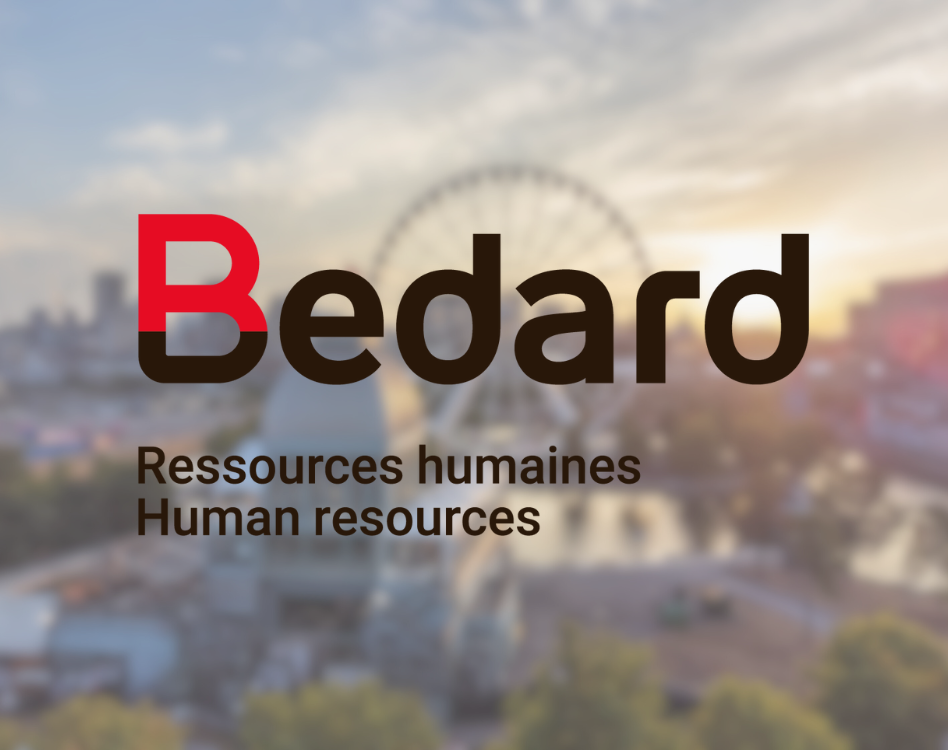For the purposes of this blog, we’ve compiled a list of the most common reasons for leaving as cited by employees during exit interviews. These include:
- Feeling overworked
- A lack of work-life balance
- A lack of professional development opportunities
- Inadequate management (lacking decision-making)
- Difficult relationships with superiors and/or colleagues
- A lack of recognition
- A lack of support from direct supervisors
- Unsatisfactory communication between management and staff
- Salary
- Employee benefits including RRSPs
- An unhealthy or toxic work climate
- A discrepancy between what was said about the position and reality
- A desire to change careers and/or go back to school
- Problems to resolve at a personal or family level
Keep in mind that employees are seeking meaningful work, not just a salary, in the post-pandemic era. For many, flexible schedules and hybrid work possibilities are essential conditions for improving their work-life balance.
The 10 Strategies:
- In addition to properly equipping new employees, pairing them with buddies enables them to better grasp their roles and responsibilities. The onboarding process directly affects employees’ long-term commitment by creating a positive first impression of the organization. It also allows for fast adaptation to the company culture, which reinforces a feeling of belonging. A well planned onboarding process facilitates the understanding of a company’s mission, values, and goals, which helps employees feel aligned with the company’s vision.
- Considering that employees become more involved when they feel fulfilled in a company, invest time and money into this area!
- Company Culture. As previously established, the millennial generation seeks work in an inclusive and equitable culture. This generation also wishes to become involved in causes that match their values.
- If your company invests in projects with a social impact, keep your employees informed in this area, or better, involve them!
- Although compensation isn’t an employee’s only motive for staying, if it’s appropriate for the responsibilities of the position and coupled with competitive employee benefits, you’re on the right track!
- If this isn’t the case, it’s time to review your compensation strategy to ensure the retention of your best talent!
- Work-Life Balance. More and more workers of all ages are seeking and prioritizing this balance.
- Offer a hybrid work option and flexible schedules. You’ll avoid an employee turnover that you won’t want to deal with!
- Professional Development. Established decades ago, this is the key to boosting careers. It allows some people to update their knowledge, and others to learn new things.
- If you offer personalized training programs, your employees will be pleased to advance in their careers!
- Growth Opportunities. Talented employees are often eager to grow. They enjoy stimulating challenges and are ready to learn and climb to higher positions.
- Consider offering growth opportunities to your staff rather than looking for external candidates. That way, you retain your talent!
- The feeling of being recognized is very motivating for most people. In addition, if an employee is rewarded financially or receives a promotion, they will continue to invest in and pursue their career in your organization.
- Retain your best talent by regularly celebrating their success!
- Equipped Managers. Out-of-touch executives or those lacking management skills accentuate turnover. To avoid this problem, offer training or coaching to your managers who are familiar with the culture and challenges of your organizational structure.
- Invest in the training of your executives. Their leadership, confidence, and performance will positively influence their teams and colleagues!
- When inadequate, the entire organization suffers. Misunderstandings multiply and give way to chaotic interpretations, which results in a tense work climate. However, communicating ideas clearly makes exchanges lighter, strengthens relationships, and facilitates decision-making.
- Analyze and review your communication methods to simply and improve them. You’ll be thanked for the improved work climate!
- Employee Satisfaction. Annual or occasional surveys facilitate the identification of certain trends and the gathering of important information, for example on workload, the quality of the relationships between colleagues and their direct supervisor, feelings of accomplishment, etc.
- In addition to administering the typical pulse-taking survey to your employees, communicate with them in an authentic way to remain aware of their degree of motivation. By solving root problems, you’ll maintain a high level of satisfaction among your troops. Congratulations!
By investing in these good practices, organizations not only reinforce employee loyalty, but establish a dynamic and attractive company culture as well. Retaining best talent isn’t just an operational necessity; it’s also a strategic investment that sustains long-term organizational success.
At Bedard Human Resources, we can help you implement winning strategies to retain talent. Contact Stéphane Pépin for more information on our HR consulting services.




